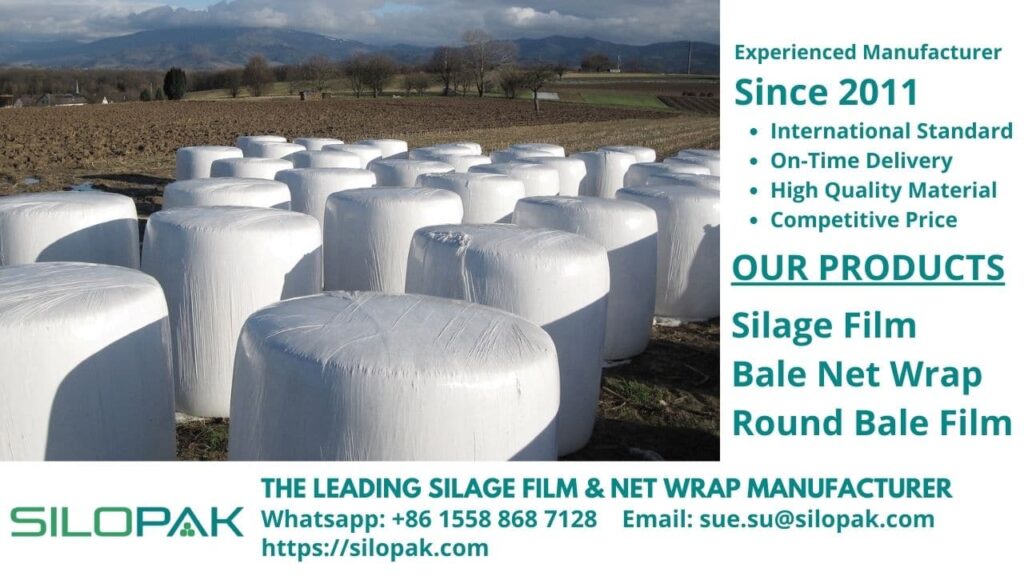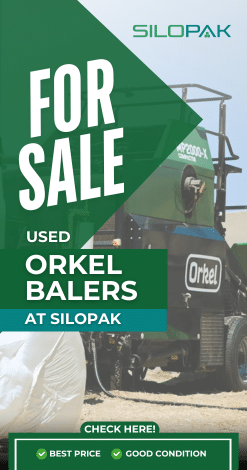
If you are currently setting your eyes at making it big in the livestock industry sector, there is one major thing that you need to realize first: Animals are prone to diseases. Understanding this and knowing how you can provide proper livestock feed can be a great beginning. We will take a look at the correlation between how you feed your animals and disease management in a moment.
contents
What it Takes to Establish a Great Husbandry
It’s not an easy thing to raise animals on a farm. Overall, three aspects factor into how the business may bring economic and commercial values for the owner.
Good Husbandry
This aspect encompasses the general upkeep of the living arrangement for the animals raised on a farm. Raising animals is an art that is best learned through experience. You’ll know what to do to keep everyone comfortable, which is an important thing to keep in mind. Happy animals will give you maximum results.
Hygiene
You wouldn’t like it if you lived in a dirty place, would you? The same goes for the animals you are rearing. While maybe it’s quite an impossibility to make the barn or the farm squeaky clean (you’re raising animals, after all), at least you manage to cover all your bases. Excrement-free, freshwater, good circulation all contribute to ensuring your animals’ happiness level stays higher.
Proper Livestock Feed
Again, it’s the same as a human. Animals need nutrients to grow. If you couldn’t feed your animals what they require to continue living, how would you expect maximum results from the business?
However, sickness comes and goes, and despite your best effort to make sure all three aspects above are met, your beloved cattle may fall ill. After all, precautions have been tended, and your animals are still sick, you can resort to veterinary medicines. Still, use this as a last resort.
Medicines can be administered by a veterinarian or by a farmer. If it’s the latter, said farmer must at all costs follow strict guidelines given by the authority and keep a tight record for the given treatments as well as further development.
Diseases and Antibiotics
There is a wide range of diseases that may affect animals, those on a farm included. Some are specific toward a type of stock, such as swine fever and scrapie, for example. While some others may attack all animals with hooves, such as foot-and-mouth disease. Some types of disease can be handled through vaccination, while some others may require mere antibiotics.
Speaking of which, there used to be a common practice of mixing antibiotics with livestock feed. This was done in the hope of promoting growth. However, nowadays, this practice is considered dangerous as the animals fed with this mixture may develop resistance to the antibiotic.
Parasites, both internal and external, are another concern that a farmer must concern themselves with, especially when the animals are kept in intensive condition. It becomes utter importance for a farmer to control the number of parasites affecting the animals to be able to observe a significant rise in both profitability and productivity.
Climate change also poses another problem for animal husbandry and its relationship with diseases. The Special Report on Climate Change and Land diseases affecting farmed animals may worsen due to the unpredictability of precipitation and temperature.
Healthy Cattle Begins with Healthy Livestock Feed
Did you know that most diseases affecting farmed animals can be handled simply by choosing the right kind of livestock feed? At first, this might sound overly simplistic as it seems impossible that illness can be kept at bay just by selecting food for the animals to eat. But it’s true.
Fermented livestock feed, for example, is a type of food to feed to animals on a farm that has the potential to remedy everything wrong there, to begin with. Fermented feed is easier to digest, ensuring the complete absorption of nutrients for the animals. It may strengthen their immune system in the most natural way possible. This also means that you can start limiting the use of medicines as excess chemical compounds in the drugs may affect the quality of the produced meat and milk.
But dealing with fermented livestock feed isn’t as simple as putting it away somewhere to be retrieved later. Fermented food is delicate stuff; it takes extra caution to handle it.
Ferment Livestock Feed With Silopak
Now, here’s a trick: Keep your fermented livestock feed fresh as always by choosing Silopak’s line of silage wrapping. It’s the only solution you can resort to when it comes to storing the best food for the best produce. And the best products always mean good profit from the business you are about to be a part of. Suppose you are looking for a livestock feed mixer, you can check the TMR mixer manufacturer only at Jummos.

